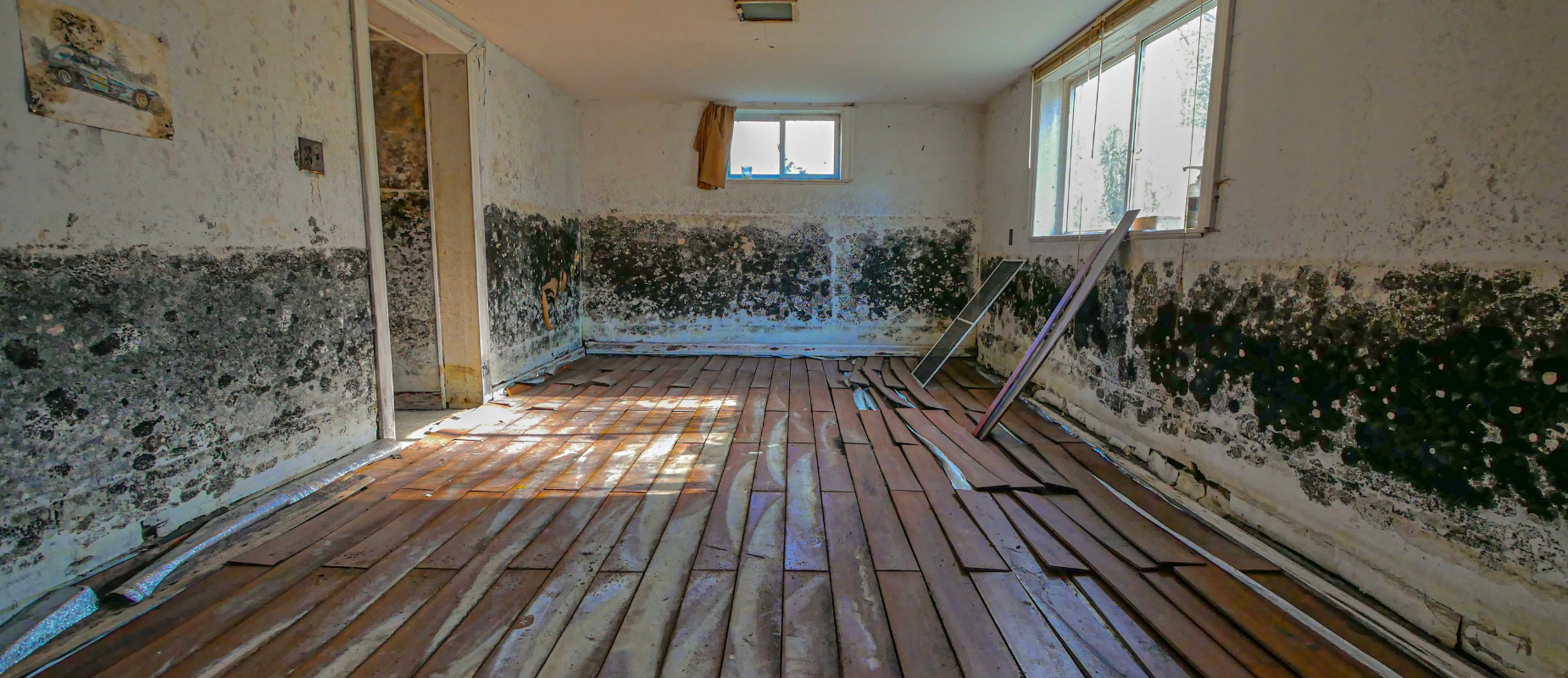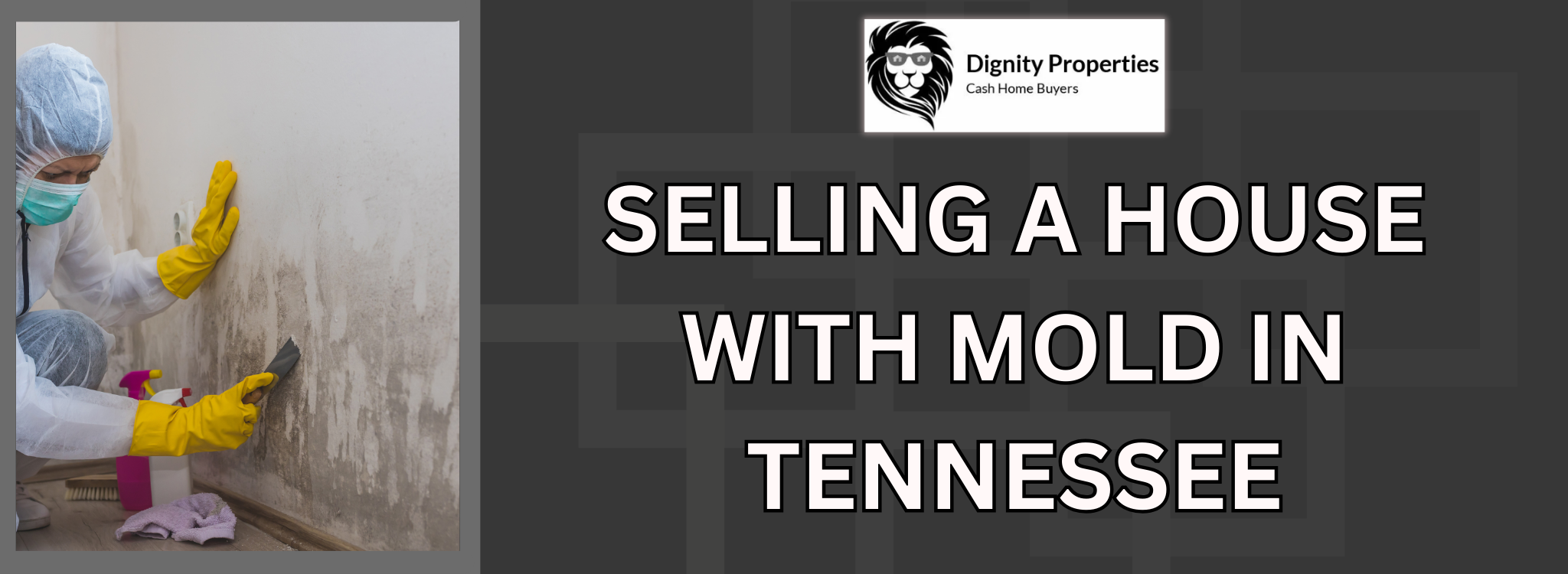
How Does Mold Affect Property Value in Tennessee?
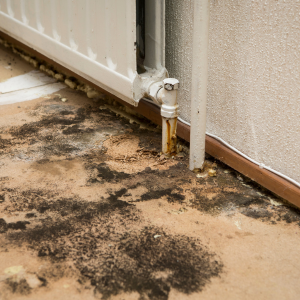
Mold can lower property value in Tennessee due to health risks and structural issues. Buyers may see a house with mold as a warning sign, leading to lower offers or a longer time on the market. In Tennessee’s real estate market, buyers are careful about mold because fixing it can be costly and legally complex.
Homeowners should know that mold can reduce their property’s appeal and market value. To protect your investment, deal with mold problems quickly and thoroughly. This helps keep your property value stable and avoids further issues.
What Are the Legal Requirements for Selling a House with Mold in Tennessee?
You must follow certain legal steps when selling a house with mold in Tennessee. Full disclosure is required by law, meaning sellers have to let buyers know about any mold damage. This involves following Tennessee mold disclosure laws and understanding your legal duties when selling a house with mold.
If you don’t disclose mold damage, you could face legal trouble, as buyers might argue you didn’t share important details about the property’s condition. Getting legal advice to meet all Tennessee mold disclosure rules is wise. Being open about mold problems builds trust and shows you are honest in the real estate process.
Can You Sell a House With Mold “As-Is” in Tennessee?
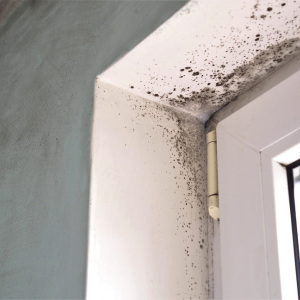
Yes, you can sell a house with mold “as-is” in Tennessee, but proceed with care. Selling as-is means the seller won’t make repairs, including fixing mold issues. However, sellers still need to disclose mold problems to protect themselves legally during the sale.
Buyers of a moldy property in Tennessee should understand what “as-is” means and consider the costs and challenges of mold removal. While some buyers, like those looking for fixer-uppers, might find this appealing, being upfront about these problems will lead to smoother talks and fewer legal issues later.
What Should You Expect During a Mold Inspection?
Knowing what happens when you schedule a home inspection for mold can make it simpler and less stressful. A mold inspection involves a trained inspector’s detailed check of your property. This is especially crucial in Tennessee due to its humid climate, which can lead to mold growth.
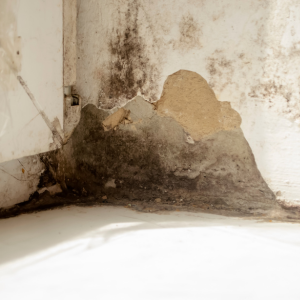
During the inspection, the inspector will:
- Look for Visible Mold: They will check for mold growth in basements, attics, and bathrooms. Water damage or leaks that could cause mold will also be noted.
- Detect Hidden Mold: The inspector might use special tools, such as moisture meters, to find mold behind walls or under floors.
- Collect Samples: They will take air or surface samples to test for mold spores if necessary. These samples are usually sent to a lab for analysis.
- Provide a Mold Assessment Report: Once the inspection is done, you’ll get a report with the findings. This helps understand any mold problems and plan how to fix them.
Understanding why mold inspection is important in Tennessee helps keep your home safe and increases its value.
How Can Sellers Address Mold Issues Before Listing Their Property?
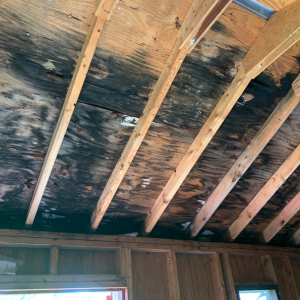
If you’re going to sell your home, fixing mold problems first is key. Mold remediation is important not just for looks but also for meeting safety rules. Here’s how you can deal with mold before selling:
- Mold Remediation: For serious mold issues, hire a professional service. Following Tennessee mold remediation rules ensures all mold is removed correctly, reassuring sellers and buyers.
- DIY Solutions: For smaller mold problems, follow Tennessee DIY mold removal guidelines. Follow safety steps.
- Consult a Real Estate Expert: A good real estate professional can advise on fixing mold and other ways to boost your home’s value. They can suggest whether professional help or DIY methods are best.
- Legal Considerations: Talk to an attorney to understand Tennessee’s mold disclosure laws. This can help avoid legal issues after selling.
These steps make your home more attractive to buyers, potentially speeding up the sale and getting a better price.
Why Is It Important to Disclose Mold When Selling Your Home?
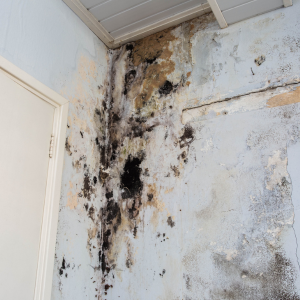
When you sell your home, you must be clear about mold problems. Mold can lower the property’s value and play a big role in real estate sales. As a homeowner, you must tell buyers about mold damage to avoid legal trouble. In Tennessee, the law says sellers must inform buyers of known mold issues. If you don’t disclose this, buyers might seek legal advice, which could lead to lawsuits or fines. Health issues from mold exposure make honesty important. By fully disclosing, you follow Tennessee’s seller disclosure laws related to mold damage. This helps make the sale process smoother.
How Can Mold Affect Mortgage Approval in Tennessee?
Mold can greatly impact mortgage approval in Tennessee. Lenders usually want a detailed property inspection, including a mold check, before they approve a loan. If an appraisal finds mold, it could delay or stop the mortgage process. For homebuyers, this means they should work with a real estate expert to solve mold issues quickly. Banks are careful about lending money to homes with mold because of possible devaluation and health risks. To avoid problems, testing Tennessee mold before selling is recommended. Discussing mold issues early can help ensure everyone agrees and the mortgage process goes smoothly.
What Are the Steps to Successfully Sell a Mold-Infested Home?

Selling a house with mold in Tennessee can be tough, but you can still succeed by following these steps:
- Mold Inspection and Remediation: Start by getting a professional mold inspection. If mold is found, hire a good mold remediation service. This will help keep your property value up and meet legal requirements when selling in Tennessee.
- Legal Obligations: Learn about your legal duties when selling a home with mold in Tennessee. You need to disclose mold issues to potential buyers. Ensure all paperwork and disclosures are complete to avoid legal issues.
- Work with Real Estate Experts: Find real estate experts who know the Tennessee housing market. They can help you set the right price and market your home effectively, even with the mold problem.
- Price Adjustments: Be ready to lower the price if needed. Mold can hurt your property’s value, so it’s smart to have a pricing plan considering remediation costs and buyer worries.
- Home Sale Negotiation Skills: Improve your negotiation skills to handle buyer concerns about mold. Being open and willing to talk can make buyers more comfortable and help close the deal.
How Do Environmental Concerns Influence Tennessee Home Sales?

Environmental concerns matter a lot in the Tennessee housing market. Knowing about these can help buyers and sellers make better choices.
- Mold and Health Concerns: Mold in houses worries buyers because of health risks. Many are now aware of indoor air quality and ventilation. Make sure your home is mold-free to attract buyers.
- Inspections and Buyer Concerns: Buyers often ask for detailed inspections to check for issues like mold. Good inspection results can ease their worries and speed up the sale.
- Ventilation and Indoor Air Quality: Improving ventilation can boost indoor air quality and is a big selling point. Make the necessary upgrades to show buyers they are getting a healthy living space.
Addressing these environmental factors can make your home more appealing in Tennessee’s competitive market. If you want to sell a mold-infested home quickly, Dignity Properties buys houses as-is. Contact us today to explore your options!
What Resources Are Available to Help Homeowners with Mold Issues in Tennessee?
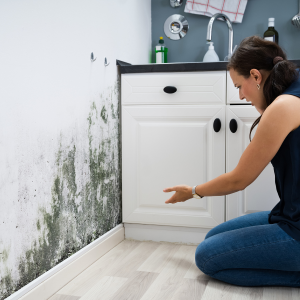
Dealing with mold can be difficult for homeowners, but resources are available. If you have mold problems, contact qualified mold remediation specialists in Tennessee. These experts understand how to assess the damage and safely remove mold from your home.
State and local resources are also useful. Tennessee provides programs and assistance to help homeowners with their remediation efforts. Contact your local health department or a state environmental organization for information on dealing with mold.
Real estate professionals who specialize in mold-damaged properties can offer additional assistance. They understand the market for homes with mold issues and can advise on disclosure requirements when selling.
What Are Investors Looking For In Mold-Affected Properties?
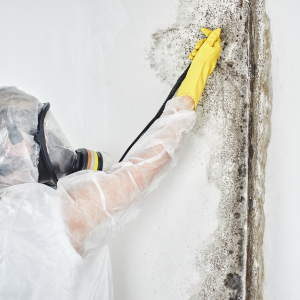
Mold-affected properties present unique investment opportunities for real estate investors. Many investors view these properties as fixer-upper opportunities because they can appreciate their value after repairs. When evaluating such properties, investors seek structurally sound homes despite mold issues, ensuring a profitable investment after remediation.
Property owners should emphasize these homes’ investment opportunities to pique investor interest. This could include displaying strategic locations or demonstrating how a property can become profitable after addressing mold issues. Real estate investors frequently seek strategies for investing in mold-affected homes and information on mold remediation in Tennessee.
An accurate evaluation of offers is critical. Property owners must understand what investors are willing to pay to set reasonable expectations and make informed decisions. Investors typically weigh the cost of mold remediation against the potential returns when considering offers.
Using these strategies and resources, homeowners in Tennessee can manage challenges with mold-affected properties. Whether you want to remediate or sell, knowing the market dynamics and investor interests helps achieve positive outcomes.
FAQs:
How do I sell a house in Tennessee with mold issues?
To sell a house with mold in Tennessee, you must be honest with potential buyers. The law requires full disclosure, so provide details about the mold problem and any steps you’ve taken to fix it. A good idea is to get a professional mold assessment report to reassure buyers about the home’s condition.
Is buying a house with mold in Tennessee safe?
Buying a house with mold can be safe if the problem is handled correctly. Ensure a thorough inspection and negotiate with the seller for repairs or price adjustments. A Tennessee realtor with experience in mold issues can offer additional guidance.
What should I know about selling property with mold in Tennessee?
When selling property with mold in Tennessee, you must disclose all known issues to meet state laws. Consider hiring an inspector to provide a mold assessment report or address the mold problem before listing. Being open can help build trust with potential buyers.
How does mold affect property values in Tennessee?
Mold can lower property values in Tennessee because it might scare off potential buyers. Fixing the issue through professional removal can help maintain or improve your property’s value. Talking to real estate professionals about how mold might impact negotiations or final sale prices is also smart.
Are there specific legal obligations when selling homes with mold in Tennessee?
Tennessee law requires sellers to disclose known mold issues to potential buyers. This is usually done through a property disclosure statement. Not disclosing this information can lead to legal trouble, so it’s best to be upfront and honest during the selling process.
What are some selling tips for homes with mold in Tennessee?
Before listing a home with mold, think about professional remediation to fix the problem. Providing potential buyers with proof of the work done can add confidence. Also, setting a fair price and being open to negotiation can make the process smoother.
Can mold be a reason for a sale failure in Tennessee?
Yes, mold can cause a sale to fall if buyers worry about health risks or costs. A clear plan, including remediation and honest communication, can reduce this risk and reassure buyers.
What is the cost of mold removal in Tennessee before selling?
The cost of mold removal depends on the extent of the damage and the size of the area affected. On average, professional mold remediation can range from a few hundred to several thousand dollars. Investing in quality removal can prevent future issues and make the property more attractive to buyers.
Key Insights
- Explore buying a house in Tennessee by looking into the local housing market and checking available property listings.
- When selling a house with mold or mildew in Tennessee, you must follow disclosure laws to avoid legal issues.
- Improve your property’s value by fixing mold growth and using expert tips for selling homes in Tennessee.
- Talk to a Tennessee realtor for advice on handling mold-related issues when selling a home.
- Know the Tennessee property disclosure statement, which helps increase transparency for homebuyers.
- Use effective selling strategies for homes with mold in Tennessee to attract buyers.
- Stay updated on Tennessee mold insurance considerations and how they affect property sales.
- Follow Tennessee law’s mold problem notification to keep buyers’ trust and avoid lawsuits.
- Before listing, get a pre-listing mold inspection in Tennessee to solve problems early and have a smoother sale.
- Discuss with experts the impact of Tennessee mold on property value and any needed cost changes.
This information applies to Tennessee and its cities, including Fayetteville, Nashville, Knoxville, Memphis, and more. For more details, please call us at (423) 212-8384 or visit our website at Dignity Properties.

